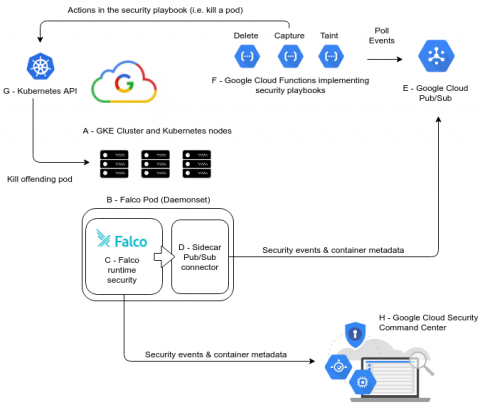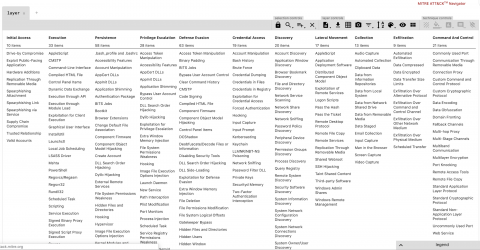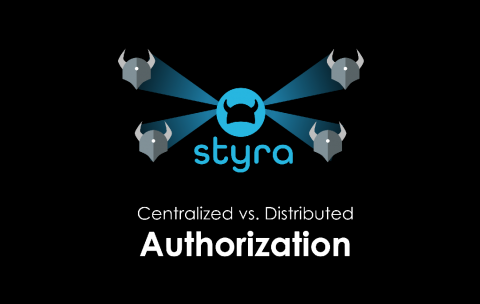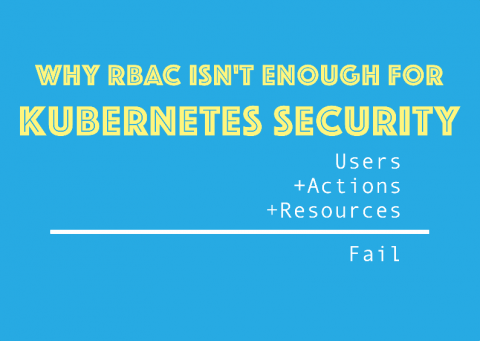Security | Threat Detection | Cyberattacks | DevSecOps | Compliance
Containers
GKE security using Falco, Pub/Sub and Cloud Functions
In this blogpost we will demonstrate how to build a complete GKE security stack for anomaly detection and to prevent container runtime security threats. We will integrate Falco runtime security engine with Google Cloud Functions and Pub/Sub.
A Closer Look at Falco CVE-2019-8339
Recently, a member of the Falco community privately disclosed a capacity related vulnerability which, under circumstances where a malicious actor has already gained access to your system, could allow the actor to further bypass Falco’s detection of abnormal activity. The final details are still being worked out, but we believe the CVE will be classified as Medium severity according to the CVSS methodology.
Falco 0.15.0 Released
We are happy to announce the release of Falco 0.15.0. This release incorporates a number of improvements, as well as bug fixes, and rules updates. This release also includes a mitigation for CVE-2019-8339, and all users are encouraged to update to this release. You can find more details about the features and improvements in the release notes, but below are a few highlights.
MITRE ATT&CK framework for container runtime security with Sysdig Falco
MITRE ATT&CK is a comprehensive knowledge base and complex framework of over 200 techniques that adversaries may use over the course of an attack. While MITRE’s full ATT&CK framework is publicly available, it can be characterized into 3 key elements.
Centralized vs. Distributed Authorization: The CAP Theorem
One of the best parts of working on the Open Policy Agent at Styra is that we get to help people design authorization systems for both their platform and their custom applications. The other day we were talking someone through the design tradeoffs of authorization for their application, and the first decision they had to make was whether they wanted a centralized authorization system or a distributed authorization system. Both OPA and Styra support either, so we have no real bias.
Sysdig Secure: Overview of Policies
Sysdig Secure: Working with Policies
Sysdig Secure: Policy Events
Why RBAC is not Enough for Kubernetes Security
Kubernetes isn’t (just) fun and games anymore. It’s being rolled out for production; it’s mission-critical; and all the security and compliance rules and regulations of the old world need to somehow be retrofitted onto Kubernetes. Unfortunately, the old tools for access control like RBAC simply aren’t up to the challenge.










